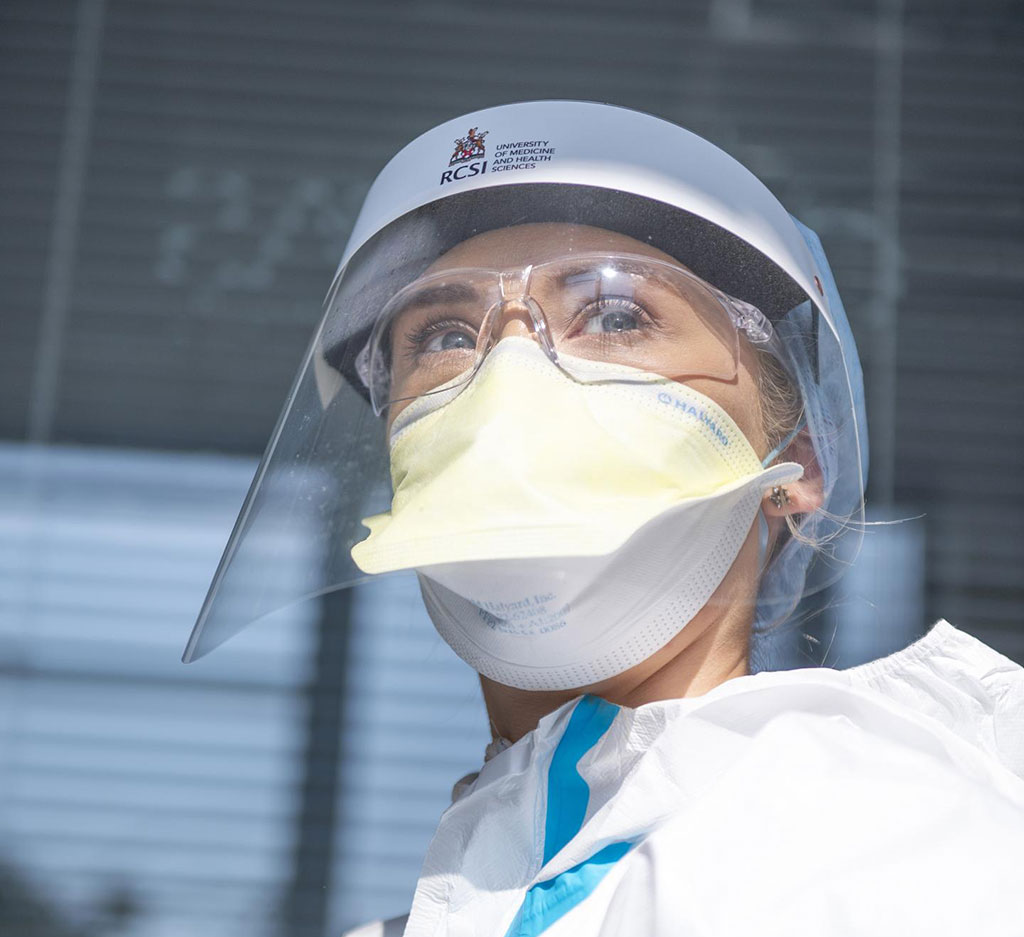A new study has found that arming frontline workers with a ‘care bundle’ of baby wipes, Aquaphor and silicone tape can reduce the incidence of facial pressure injuries caused by the prolonged wearing of Personal Protective Equipment (PPE).
The research took place over a two-month period amongst healthcare workers in a large acute hospital in Ireland. In the study, approximately 300 frontline staff were provided with a care bundle, which was designed in line with international best practice and consisted of face cleansing material (WaterWipes® baby wipes), moisturising balm (Eucerin Aquaphor Soothing Skin Balm), and silicone protective tape (Mepitac Tape).
Results showed that prior to using the care bundle 29% of respondents developed a facial pressure injury, whereas after using the care bundle only 8% of respondents developed such an injury. The analysis revealed that when using the care bundle, staff were almost five times less likely to develop a facial pressure injury. In a secondary finding, respondents reported the bundle as easy to use, safe and effective.
The study, led by researchers from RCSI University of Medicine and Health Sciences Skin Wounds and Trauma (SWaT) Research Centre, is published in the current edition of the Journal of Wound Care.
“We are acutely aware of the facial injuries, such as pressure ulcers, bruises and skin tears that healthcare workers are experiencing due to the prolonged wearing of protective equipment during the pandemic and especially the wearing of medical face masks,” said Professor Zena Moore, Director of the SWaT Research Centre and Head of the RCSI School of Nursing and Midwifery and lead researcher on the study. “These injuries can be painful for staff and injuries in some cases can put them at increased risk of infection. This study is the first of its kind carried out at the height of the pandemic in an effort to help mitigate the occurrence of Facial Pressure Injuries. The results tell us that when skincare is prioritized, and a systematic preventative care bundle approach is adopted, there are clear benefits for the frontline workers and the workplaces involved.”
Facial pressure injuries and the COVID-19 pandemic: skin protection care to enhance staff safety in an acute hospital setting. Journal of Wound Care, 17 March 2021.


